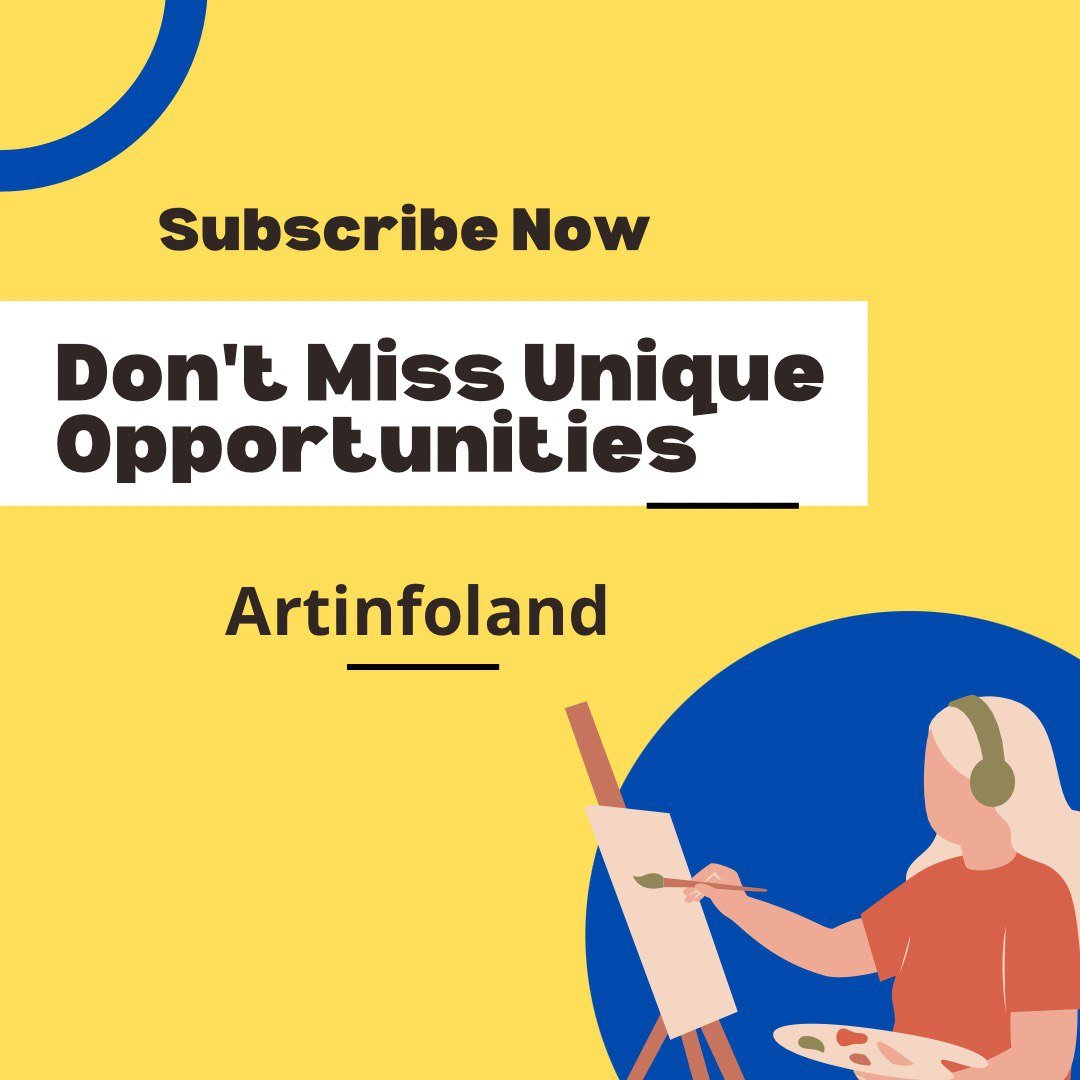The Rauschenberg Medical Emergency Grants program provides one-time grants of up to $5,000 for recent unexpected medical, dental, and mental health emergencies to artists in financial need* who are creating in the visual arts, film/video/electronic/digital arts, and choreography.
*To be eligible to apply, your average adjusted gross income for the last two years you’ve filed tax returns must be no greater than $75,000 ($150,000 for joint filers).
Please note:
- Rauschenberg Medical Emergency Grants are not for lost wages, living expenses, or medical care for individuals other than the artist. Visit NYFA’s Emergency Resources page for a regularly-updated list of emergency resources.
- The need for emergency funding far outpaces available funds. An application to this grant program is not a guarantee of a grant award. In each cycle, we will distribute approximately $150,000 in total funding. Learn more about the review and decision-making process at the bottom of this page.
This program and Rauschenberg Dancer Emergency Grants are made possible through the support of the Robert Rauschenberg Foundation. Robert Rauschenberg was committed to assisting fellow artists in need of emergency aid, ultimately establishing the nonprofit foundation Change, Inc. in 1970. In this spirit, this program is designed to serve artists in financial need who otherwise may delay critical treatment or incur substantial and perhaps overwhelming debt.
Application Guidelines
Download Application Guidelines PDF
Applications are open to artists in need creating original, independent work in the visual arts, film/video/electronic/digital arts, or choreography, who are seeking support for a medical, dental or mental health-related emergency. Only generative artists—the creator of the original work—may apply.
What to Submit
When you fill out your application, you will need to:
- Provide your contact information
- Describe the onset and nature of your medical/dental/mental health emergency (maximum 100 words)
- Provide the onset date of the emergency
- Request a grant amount, up to $5,000
- List the specific expenses for which you are requesting funding (maximum 50 words)
- Describe the impact of the emergency on your creative practice (maximum 150 words)
- Describe the economic severity of your condition (maximum 150 words)
- Describe the severity of your medical/dental/mental health condition (maximum 150 words)
- Provide your annual adjusted gross income (averaged over the last two years)
- Complete a checklist to describe your access to resources
- Complete a checklist to describe the medical severity of your condition
- Include as much valid documentation confirming condition/diagnosis and proof of expense as possible, such as:
- Invoices (invoices should include date of service and type of service; name of provider and amount paid/payable).
- Documentation should be from a care provider and be on official letterhead.
- If you haven’t yet received a diagnosis or treatment, and/or your documentation isn’t on hand, provide as much information about your condition as possible, including estimates of treatment costs in your local area, if possible
- Do not send images such as photographs and x-rays.
- Submit a resume/bio/CV which shows recent and sustained artistic practice over the course of at least the last five years, since 2020, in an eligible discipline or disciplines.
- List specific events/opportunities for the public to experience your work over this time (at least once annually), including the year, location (city or town and venue), and title.
- These can include exhibits/screenings/performances/activities in art spaces, galleries, local businesses, art houses/film series, public art installations, public spaces, museums, fairs/festivals, community projects, and/or residencies with public-facing components.
- Works-in-progress are eligible; student exhibits, performances, and other activities are not. We do not accept portfolios/work samples. Reduced activity during the pandemic (2020/21) is acceptable if, in such cases, you are able to demonstrate public activity prior to 2020.
- Work that is created for online distribution and consumption is eligible IF it is a creative work, and was actively marketed to the public for showing at a specific date and time.
- If self-produced online presentations or sales of your work are your sole platform, such as Instagram or YouTube, or your work is only available on-demand, we cannot consider your application eligible.
- If you are a choreographer and perform your own work live, your resume needs to clearly indicate that you were BOTH the choreographer and dancer.
- Certify that the information in the application is true.
How to Apply
Submit your application
Applications must be in English (though they may be translated by someone other than the applicant) and can be completed by a proxy if needed.
All applications, including support materials, should be submitted online via Submittable.* First-time users will need to register with the free Submittable platform to access the application portal.
Applications submitted after the deadline will not be accepted and no exceptions will be made. We strongly recommend that applicants complete their applications in advance of the deadline to avoid potential technical problems.
Applicants will receive an automatic response from Submittable once their application has been successfully received.
Entry Fee
Free
Location
New York, USA
Deadline
8 July 2025
Website link: https://www.nyfa.org/awards-grants/rauschenberg-medical-emergency-grants/
